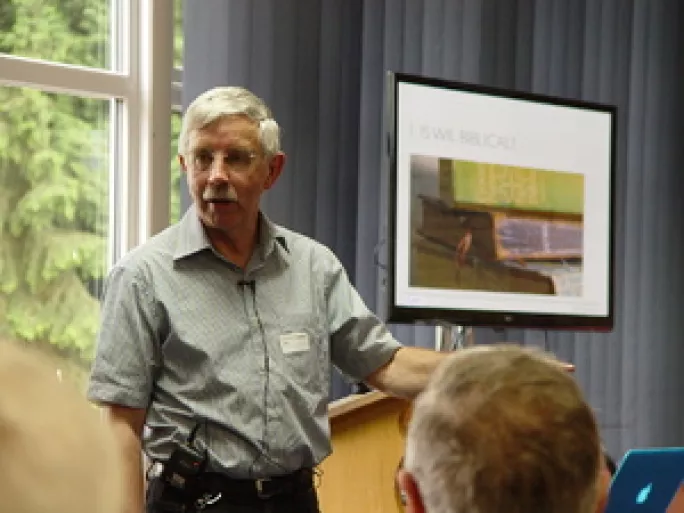‘The religious are better than Ofsted at policing extremism in schools’
Trevor Cooling, professor of Christian education at Canterbury Christ Church University, writes:
Faced with a social crisis, governments invariably turn to education to solve their problem. The coalition is no exception. With the threat of religious extremism looming large, the DfE’s latest guidance on spiritual, moral, social and cultural education (issued last Thursday) exhorts schools to promote adherence to British values and English law. The importance of building children’s sense of community identity as belonging to Britain is unquestionably important. But when the chief education officer of the Church of England is warning about Ofsted becoming a schoolroom security service, then it’s time to take stock.
A salutary example of the unintended consequences that can arise from such governmental policing comes from Australia, where the federal government decided that every school should teach the values that Australian citizens have in common. Nine were identified, including the universal notion of respect and the very Aussie-sounding notions of fair go and mateship. Brendan Nelson, the then minister of education, had the view that no reasonable Australian could object, saying:
“We want them (ie, the children) to understand our history and our culture, the extent to which we believe in mateship and giving another person a fair go, and basically if people don’t want to support and accept and adopt and teach Australian values, then they should clear off.”
Actually, quite a few people did object. In particular, they found the poster portraying the nine values problematic (every school had to display it as a requirement of receiving its government grant). It wasn’t that the values themselves were disagreeable, but that the imagery on the poster revealed hidden assumptions, giving the impression that ‘Australian’ equates with ’white European Australian’. Aboriginal and Asian-Australians (to name but some) were invisible, as indeed were female Australians. Should they “clear off”? The whole campaign began to look like the imposition of a very particular interpretation of Australian citizenship, rather than the promotion of genuinely shared Australian values. Last June, David Cameron suggested that the values that schools promote should be “as British as the Union Flag, as football, as fish and chips”. But are there hidden assumptions of which we should beware?
In a recent Today programme piece on the Birmingham Trojan Horse affair, correspondent Justin Webb remarked that religious conservatives (by which I think he meant the likes of traditionalists, evangelicals and scriptural followers) are in danger of being scooped up under the extremist label. I agree. Amid legitimate concerns about extremism, the assumption will all-too-easily be made that it is too much enthusiasm for religion that is the problem. But maybe, just maybe, religious commitment should be seen as the solution rather than the problem? Maybe the problem with extremists is that they don’t understand their religion well enough; if they did, it would temper their extreme xenophobic views.
However, in the current climate in which visceral fear about extremism is combined with secularist angst about religion, the danger is that people of more conservative religious faith become the ones that society thinks should “clear off” out of education because they take their religion just a bit too seriously for British comfort.
Professor Mohamed El-Gomati from the University of York perhaps offers an alternative model. He and his colleagues were pondering how to respond to a planned protest by the English Defence League outside their mosque. His response was to invite them to drink tea with him. “We all think of sitting down with a cup of tea as something quintessentially English,” he explained, “so we thought that offering a cup of good old-fashioned Yorkshire tea and hospitality would be a start.” For these Yorkshire Muslims this was a tactically brilliant invoking of British values. It was also a strategically religious response deeply rooted in Islamic teaching.
Religious extremism is pernicious and scary. I have no doubt God is mightily upset by it. But just maybe a wiser governmental reaction would be to encourage a more religious response amongst faith communities rather than to send Ofsted in to police British values.
Related links:
Ofsted is ‘ill-equipped’ to monitor extremism, Church of England warns
Teachers will be forced by law to help fight extremism, says Theresa May
‘Wittgenstein proves that you can’t simply learn to inspect schools from a course’
Keep reading for just £1 per month
You've reached your limit of free articles this month. Subscribe for £1 per month for three months and get:
- Unlimited access to all Tes magazine content
- Exclusive subscriber-only stories
- Award-winning email newsletters




